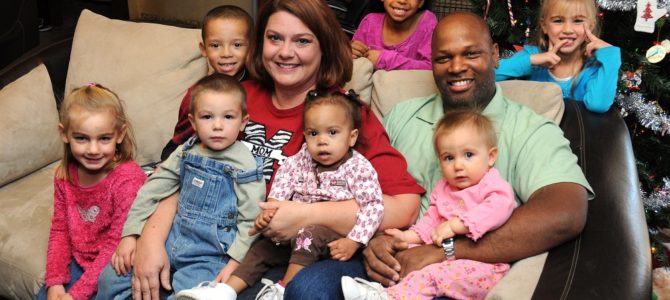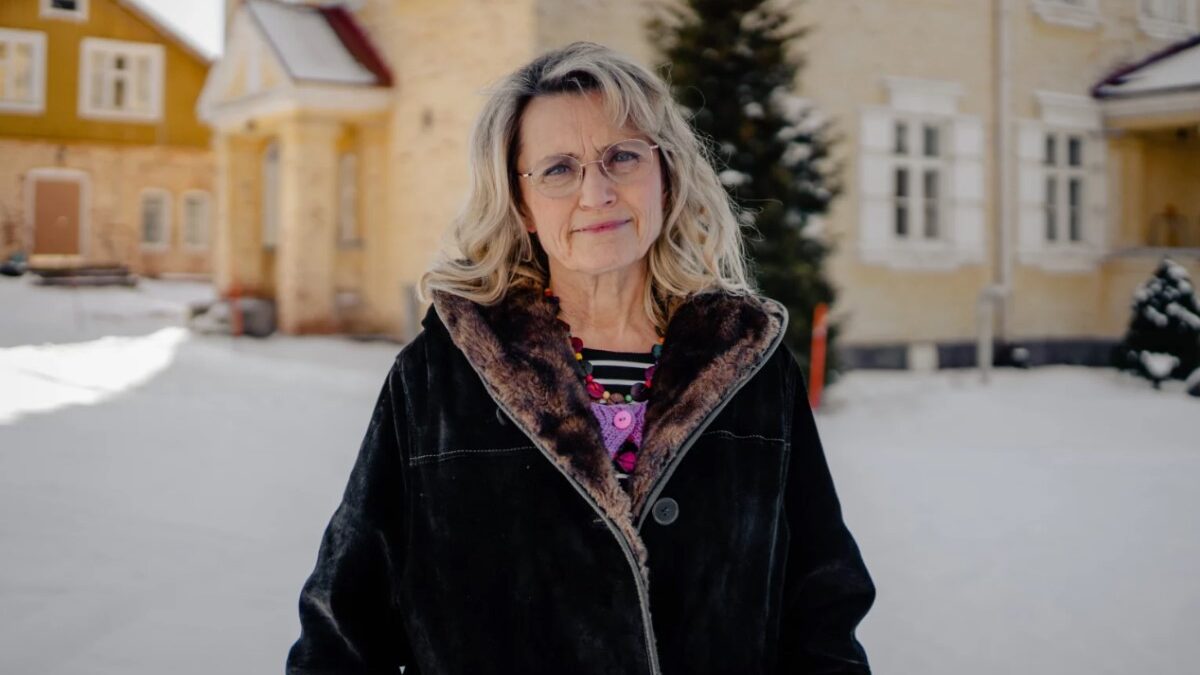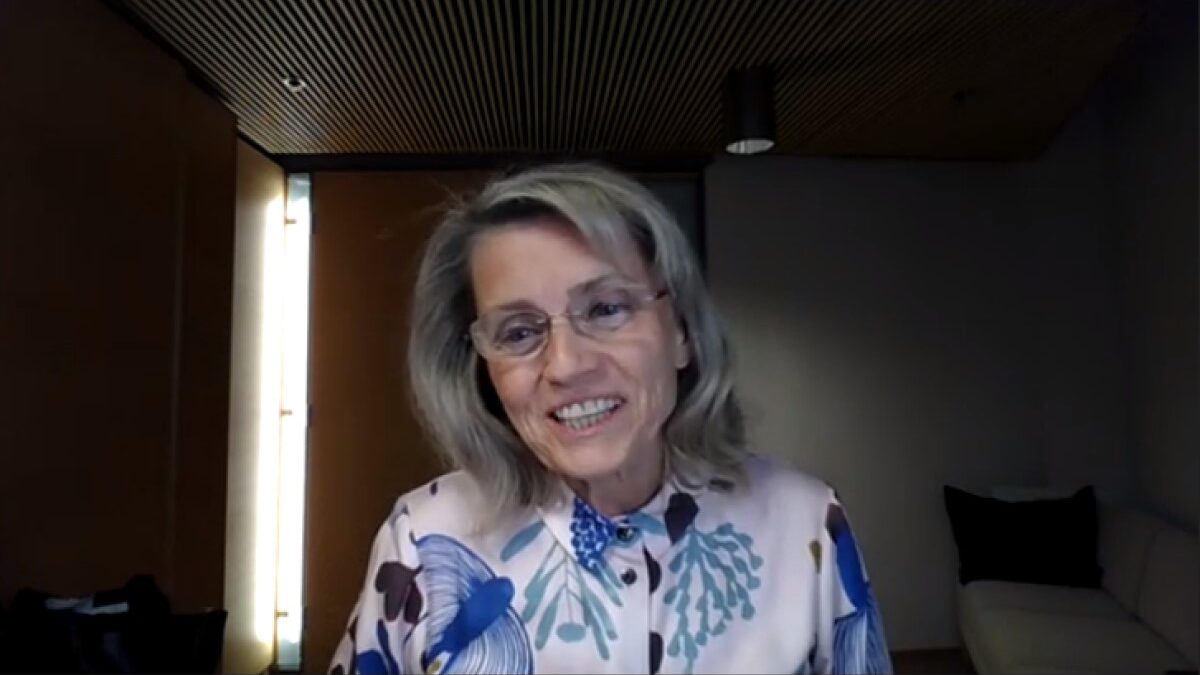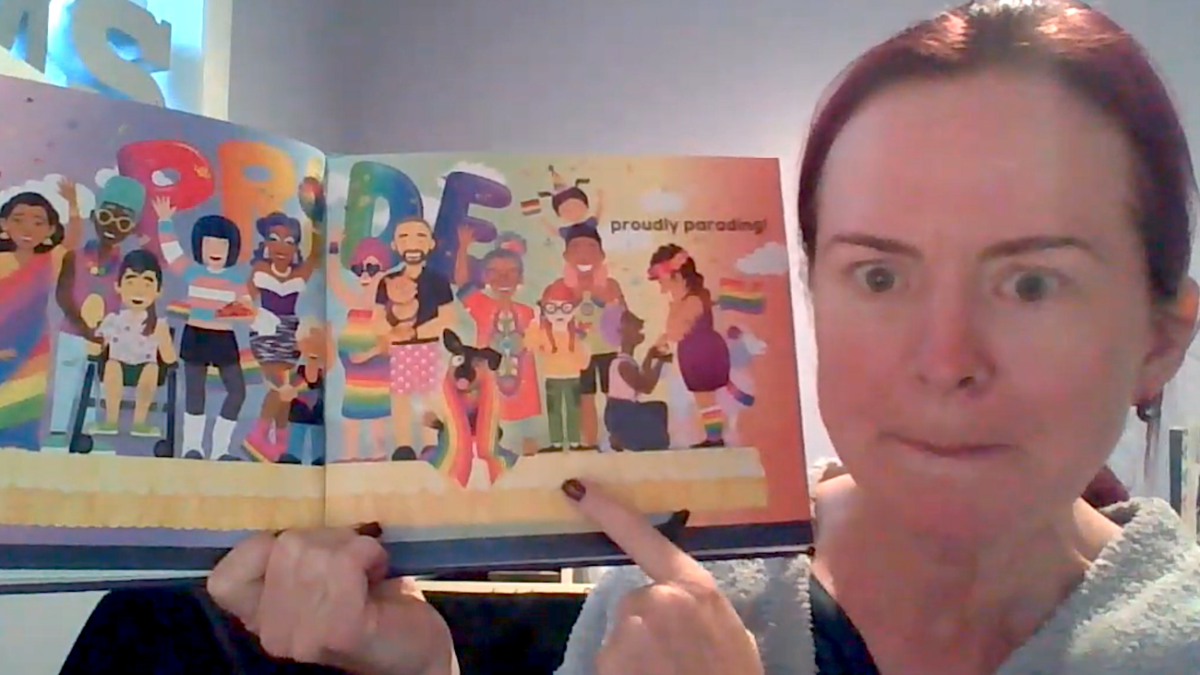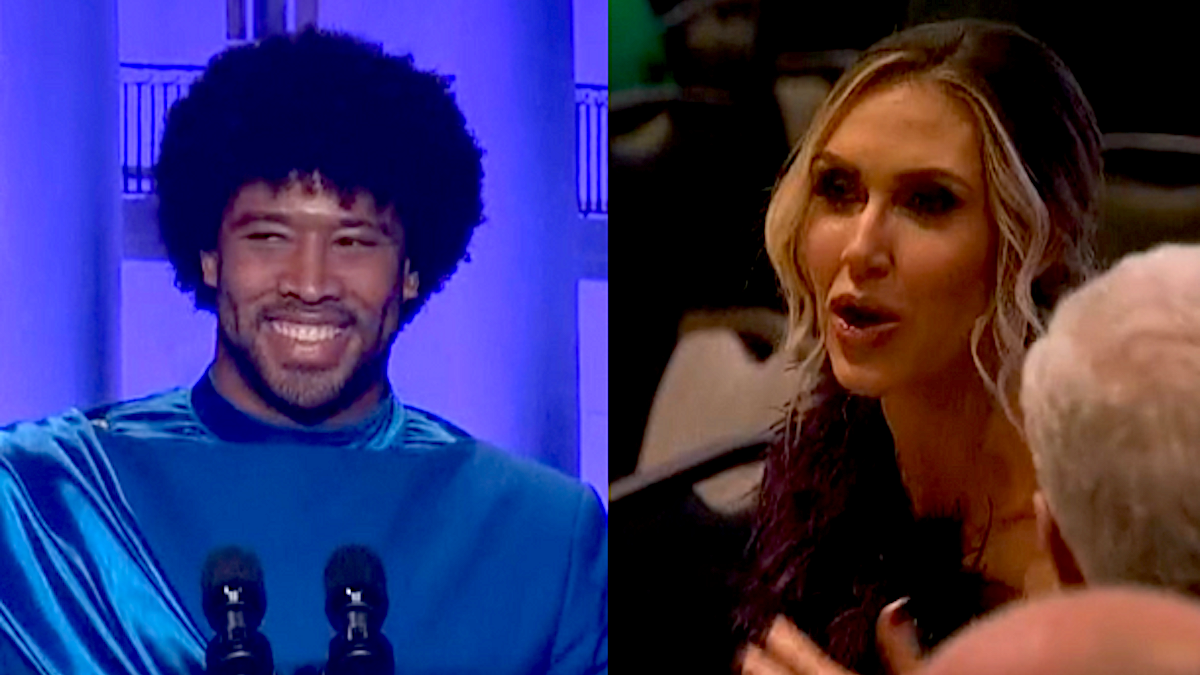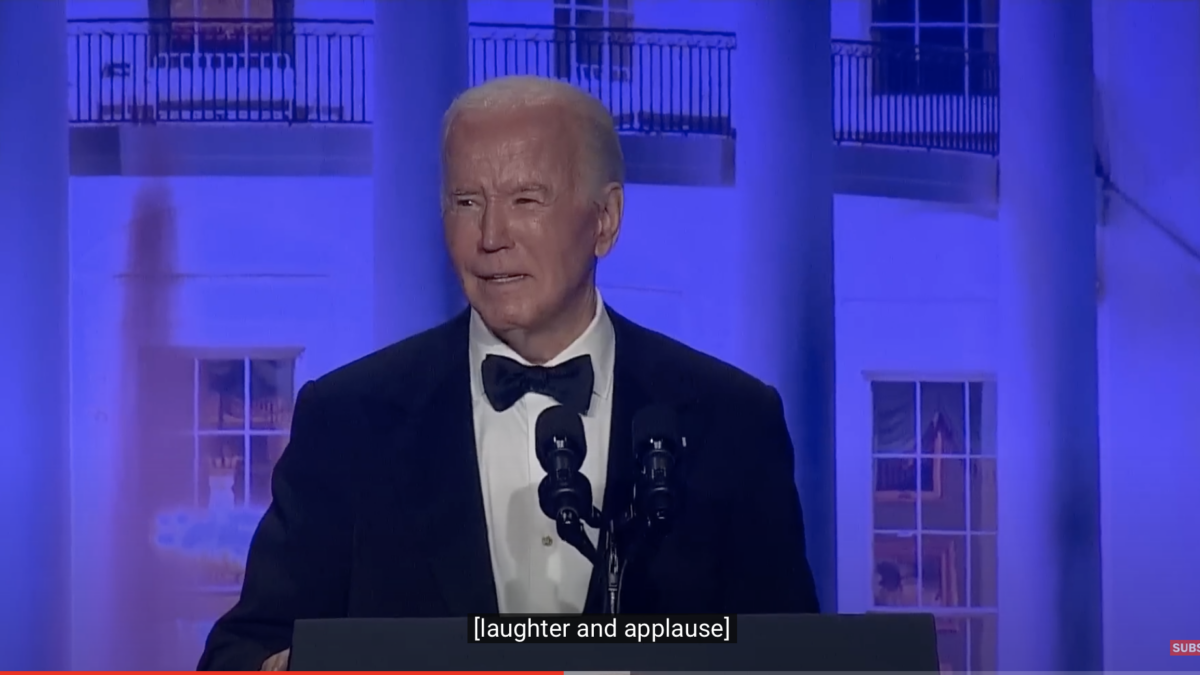America is in desperate need of more loving homes for kids. Late last week, the U.S. Department of Health and Human Services took the first step in making it easier to fight today’s foster care crisis. It should finish the job.
In 2017, more than 687,000 children spent time in the foster care system. Unfortunately, more than 20,000 of those children “aged out” of the system, meaning they turned 18 without ever finding a permanent home. Kids who age out of foster care face troubling odds: 20 percent will be homeless at age eighteen, 50 percent will be unemployed at age twenty-four, and 97 percent will never graduate from college.
Recognizing this need, many states have turned to faith-based agencies to help find families for children. In Arkansas, a single faith-based agency has recruited almost half of the foster families in the state.
Yet, just as the opioid epidemic stressed an overstressed system, HHS in 2016 issued a rule that made it harder for faith-based agencies to serve those in need. That rule has been interpreted by some states to require faith-based agencies to either close or violate their religious beliefs to serve children and families.
In September, a federal court prohibited the government from enforcing this rule against the state of Michigan. Now, at the beginning of National Adoption Month, HHS has taken the first step to repeal the illegal rule and replacing it with a better rule that will promote more homes for kids. This is good news. The proposed rule is an acknowledgment of the rule’s illegality and a step in the right direction.
But there is still more work to do. Currently, state and local governments are using similar state and local rules to try and shut down religious foster care and adoption agencies. Repealing the federal rule will only solve part of the problem.
In March 2018, the City of Philadelphia put out a call for 300 new families to address the growing foster care crisis in the city. But less than a month later, it stopped placing children with families who work with Catholic Social Services—one of the best agencies in the city—because Catholic Social Services cannot provide written endorsements for same-sex couples.
Earlier this year, the state of Michigan also announced it would exclude faith-based agencies from its child welfare system. The Buck family, who have adopted five special-needs children through St. Vincent Catholic Charities, sued the state, asking a federal court to allow agencies like the one that brought their family together to continue uniting children with loving families.
The court agreed, ordering Michigan to stop discriminating against faith-based agencies. The court rightly determined that shutting down these agencies would mean fewer opportunities for all families. That ruling is currently on appeal.
Ultimately, we need not just better regulations, but a clear answer from the courts. The Supreme Court has an immediate and straightforward opportunity to ensure that these critical social services are no longer in jeopardy. It is considering taking the Philadelphia case, Fulton v. City of Philadelphia.
Real children and families rely on these faith-based agencies. In Philadelphia, foster homes are sitting empty because of the city’s vindictive actions taken against families who work with Catholic Social Services. For the foster parents who rely on their agencies and for the children waiting for a forever home, there is no time to wait. Every moment is critical.
